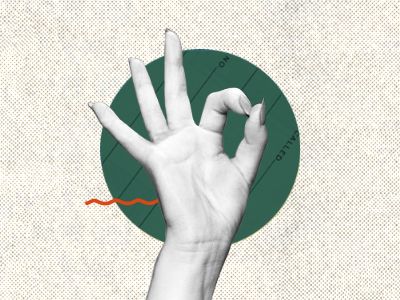[Ramzan, 23] Welcome to Day 23 of our Ramzan Writing Series.
Today’s topic is divorce laws in the Quran and sharia.
Before we start this topic, I want to add that this article will cover only concise details. For individual consultations, please refer to some aalim.
? HOW IS DIVORCE GIVEN IN THE LAW OF ALLAH
* It is recommended that two witnesses be present.
* A man cannot give divorce to a menstruating woman. If he wants to give divorce, he has to wait till she completes her period, AND he must not have made marital relations with her.
* Only one divorce can be given at a time.
* The maximum number of divorce that can be given is three.
* The first two divorce are called “rajaee talaq” and husband can get back together with his wife.
* The third divorce is called “talaq e baayin” and husband cannot get his wife back after this divorce.
* In the event of divorce, husband cannot take back the gift he has given to his wife at the time of nikkah (mehr)
* In case of khula, woman returns the mehr given to her by her husband
In Arab, before the advent of Islam, married women were tortured in the name of divorce. A husband would divorce often, leave her to misery in iddat and then take her back any time he wished, only to repeat this as many times as he liked. Imagine how this affected the self esteem of women.
To protect the honor of women, Allah has set the limit to only three divorce. It also increases her in importance to her husband; a husband knows that her wife is precious and he can lose her if he behaves mindlessly.
? IDDAT DURATIONS
1. Divorce (menstruating woman): 3 menstrual cycles
2. Divorce (non-menstruating woman): 3 months
3. Khulla: 1 month
4. Pregnant woman: iddat ends as soon as pregnancy completes
? FIRST & SECOND DIVORCE
When husband gives first or second divorce to his wife, the following bindings come in effect:
* Husband and wife cannot have marital relations
* Wife stays at husband’s house and husband will be responsible for all her needs.
* Husband and wife can choose to live together again within the iddat period.
The wife’s iddat period serves as a grace period for both man and woman to cool down and think things through. If they are willing to let go the misgivings and want to again be together, they can do so before the iddat finishes.
Once the iddat finishes and no reconciliation has been reached within this grace time given by Allah, the divorce will come in effect.
? THIRD (FINAL) DIVORCE
When husband gives the third and final divorce to his wife, the following bindings come in effect:
* Husband and wife cannot have marital relations
* The wife will NOT stay at husband’s house
* Husband and wife cannot live together now and have to part ways even if they want reconciliation.
If after third divorce, man wants to get his wife back, the only way is halala. Halala means, wife will first go into the nikkah of another man and if he divorces her from free will, only then the first husband can get her back. Buying or setting up a halala is forbidden and according to a Hadith, the person who sets up a halala or facilities in having a halala done the wrong way is damned.
? KHULA
Khula and divorce are two different things. Khula is done only once and is initiated by the wife.
* Wife observes iddat of one month
* She will not spend her iddat at her husband’s house.
? SOME KEY NOTES FOR THE FAMILIES OF THE COUPLE SEEKING DIVORCE OR RECONCILIATION:
In case of first and second divorce, if the couple wants to live together again, families SHOULD NOT oppose it. (Surah Baqarah, 232)
We often see that if a couple wants to reconcile, the families come into action to stop them from “making the same mistake again”. Please know that by doing so, you are violating the commands of Allah. Do not think that you know better for them even if you are the parents or close family. You don’t know how much “khair” Allah is going to put in this reunion. Make dua for them and send them off with advice for a better life this time around.
References:
Surah Baqarah: 229, 230, 231, 232





